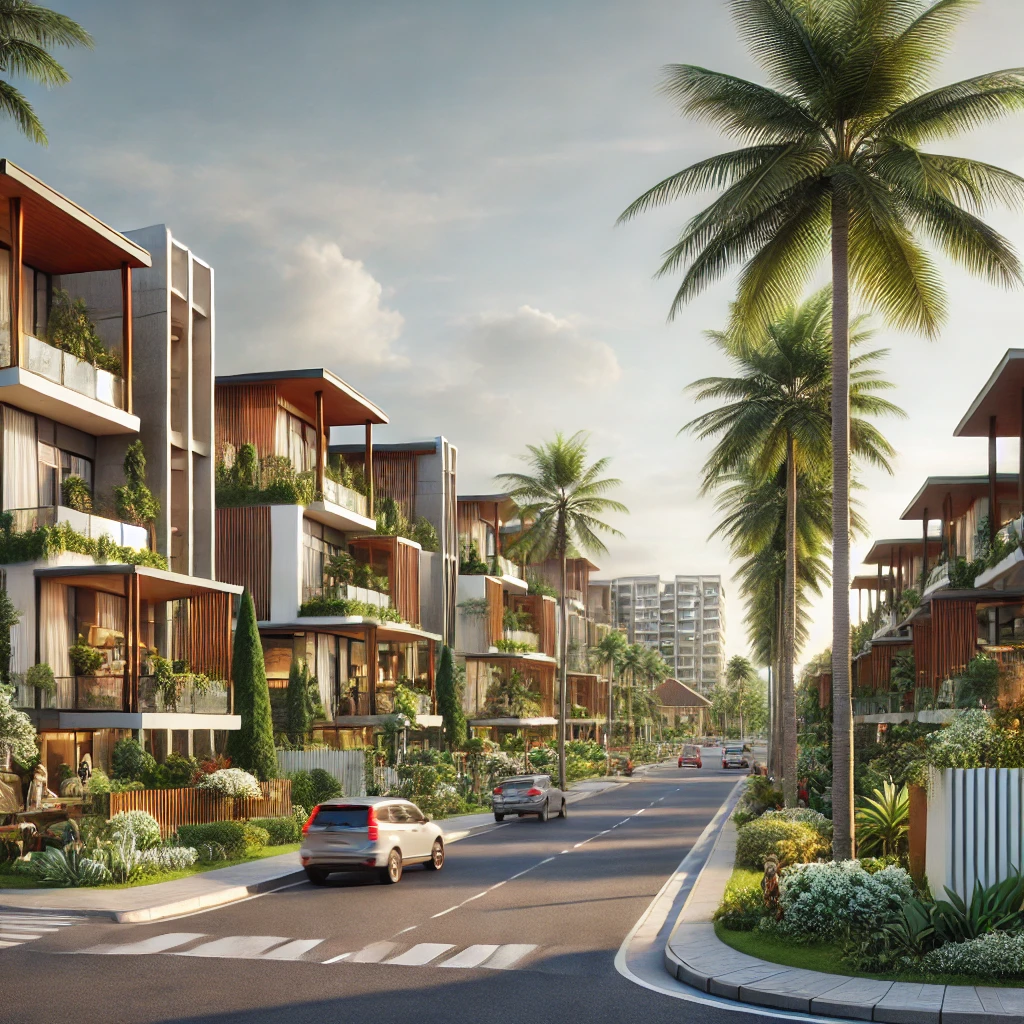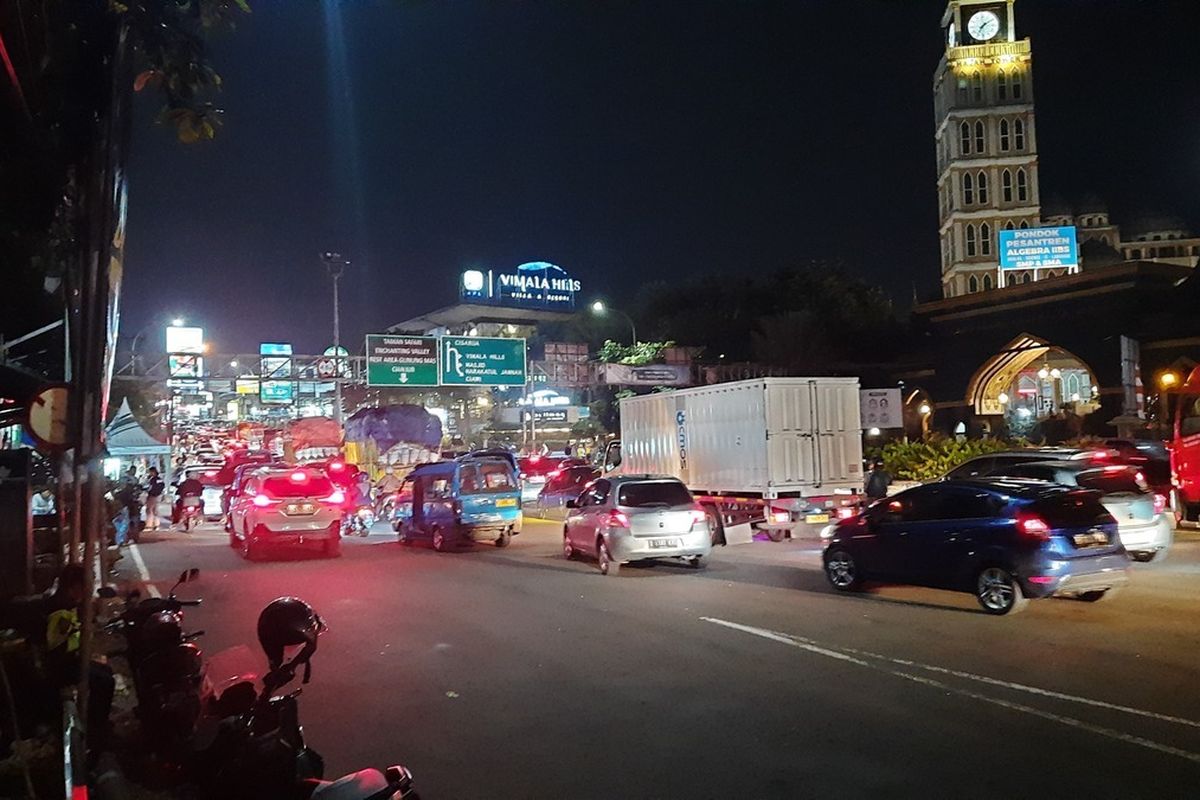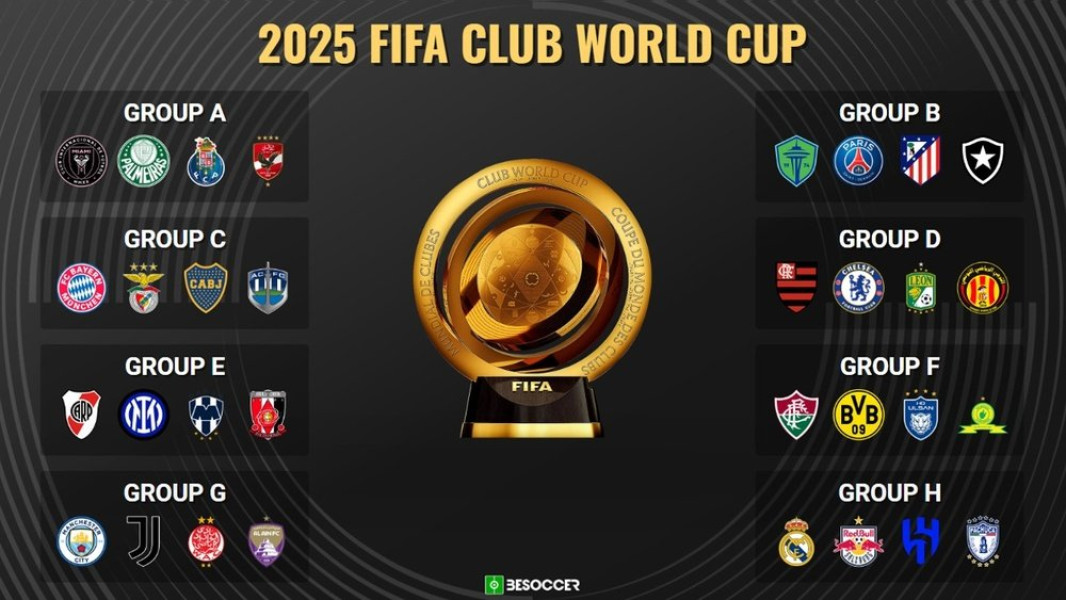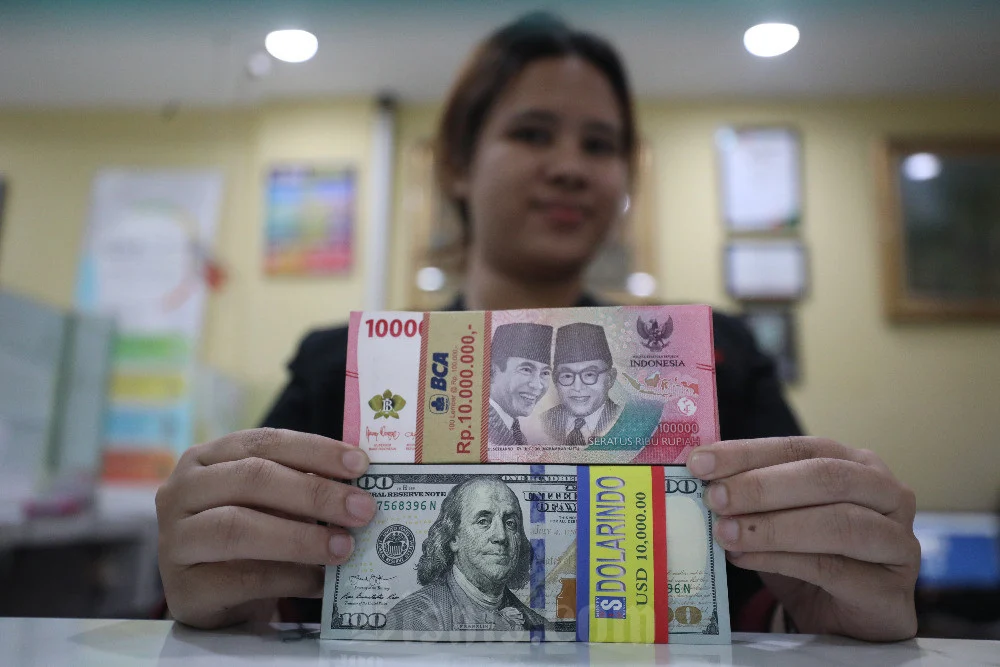

REI, a well-known name in the outdoor retail industry, has garnered attention recently for its stance on BP3. But what exactly is BP3? As discussions swirl around this topic, REI has made it clear that they find much of the discourse surrounding forming BP3 to be irrelevant. In a world where every decision counts—especially for companies operating not just locally but globally—the implications of such statements can be significant. Let’s dive into what this means for REI and why their perspective matters now more than ever in Indonesia’s evolving landscape as we look toward 2025.
What is the Discourse Surrounding BP3?
The discourse surrounding BP3 has become increasingly complex. Stakeholders are voicing their opinions, creating a vibrant debate across various platforms. Many discuss the potential benefits of forming BP3 in Indonesia. They argue that it could enhance collaboration and efficiency among businesses and government entities. Supporters envision a streamlined approach to addressing pressing issues.
On the flip side, critics question its necessity. Some believe that existing frameworks already address these needs effectively. There’s concern about redundancy and wasted resources if BP3 is pursued without clear objectives. Social media amplifies these discussions, with passionate voices on both sides weighing in daily. This ongoing dialogue reflects not just local sentiments but also global perspectives on economic development strategies for Indonesia leading up to 2025.
REI Stance on the Discourse
REI has taken a firm stance regarding the ongoing discourse about forming BP3. The company views much of the conversation as speculative and detached from practical implications. According to REI, many discussions surrounding BP3 do not provide tangible benefits or madbikeapp solutions for their operations. They emphasize that these debates often distract from more pressing concerns.
By dismissing aspects of this discourse as irrelevant, REI aims to redirect focus toward their core values and objectives. This clarity helps them streamline decision-making processes without unnecessary distractions. Furthermore, REI believes that fostering constructive dialogue is essential but feels that certain narratives around BP3 lack substance. Their priority remains on actionable insights rather than theoretical discussions.
The Importance of BP3 for REI
BP3 represents a strategic initiative for REI, playing a pivotal role in shaping its future trajectory. This framework is not just about organizational structure; it’s about enhancing operational efficiency and aligning with market demands. For REI, BP3 acts as a catalyst for innovation. It encourages the exploration of new ideas that can lead to sustainable practices and improved customer experiences.
Furthermore, incorporating BP3 can help streamline decision-making processes within the organization. With clearer pathways established, REI stands to benefit from more agile responses to industry changes. Moreover, as Indonesia gears up for economic advancements by 2025, having a robust plan like BP3 ensures that REI remains competitive. The organization must position itself effectively amidst shifting dynamics in the region’s economy. The synergy created by embracing BP3 could open doors to partnerships and collaborations that drive growth while reinforcing REI’s commitment to sustainability and community engagement.
Other Factors Affecting REI Decision Making
REI’s decision-making process involves a variety of factors beyond the current discourse on BP3. One major consideration is market trends in Indonesia. As consumer preferences shift, REI must adapt to stay relevant. Economic conditions also play a pivotal role. Fluctuations in currency exchange rates and inflation can impact operational costs significantly. This financial landscape requires careful navigation.
Additionally, stakeholder opinions are crucial for REI. Investors and community feedback shape strategies that align with both corporate goals and social responsibility. Regulatory elements cannot be overlooked either. Compliance with local laws ensures smooth operations while fostering goodwill within Indonesian communities. Technological advancements further influence decisions at REI. Staying ahead of innovation allows the company to enhance efficiency and customer engagement effectively, making it an essential component of their strategic planning processes.
Conclusion
As REI navigates the complexities of forming BP3, it becomes clear that their focus remains on strategic priorities rather than external discourse. The debate surrounding BP3 may captivate some attention in Indonesia and beyond, but for REI, it seems largely irrelevant to their overarching goals.
Their commitment to innovation and sustainability will continue to shape their decisions. While discussions about BP3 might buzz within certain circles, they do not significantly influence REI’s direction or vision for the future. With a keen eye on market trends and consumer needs leading up to 2025, it’s evident that REI is prioritizing actionable strategies over speculative conversations.
In an ever-evolving landscape like Indonesia’s business environment, flexibility and foresight are vital. As we move forward into this new era of challenges and opportunities, watching how REI balances its internal objectives with external narratives will be intriguing. The dialogue may persist among critics and supporters alike; however, what truly matters is how these dynamics play out in practice—and only time will tell where that journey leads them next.






